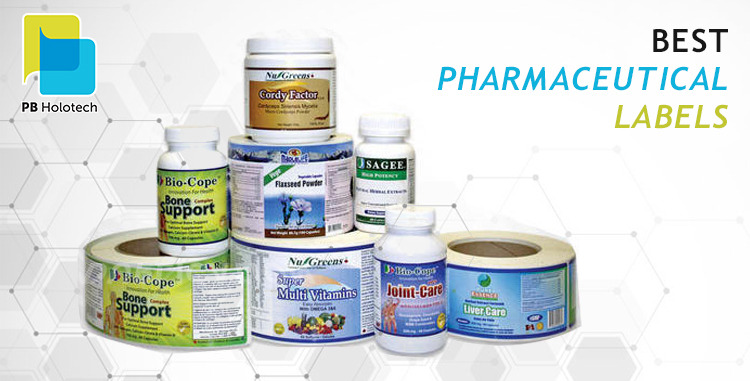It is exceedingly important to maintain the labeling standards of pharmaceutical products. FDA or the Food and Drug Administration is the regulating body to look after the standards for the labels used for the products concerned with pharmaceutical, dietary, medical, and nutraceutical.
Whether the labeling is concerned with pharmaceutical drugs or medical devices, appropriate labeling is necessary to maintain consumer safety and pharmaceutical integrity. While purchasing pharmaceutical labels from the suppliers, these are things that require attention:
-
Complete traceability
There must be enough transparency to ultimately trace the labels, starting from the raw materials to the finished and labeled products. If there arises suspicion in the products, the traceable labels will help identify the problem's source and help detect other labels or orders in some other issue.
-
Tamper-proof delivery of the labels
Ensuring the pharmaceutical or medicine labels' delivery as ordered without any forgery protects the drugs from fake or counterfeit drugs and aids in saving billions of losses in the pharmaceutical industry. Most suppliers shrink wrap and perform an aggressive banding on each pallet before shipping to secure a tamper-proof delivery of the labels.
-
Printing labels according to the specifications provided
Every specification asked for the pharmaceutical labels has to be exact to perfection to ensure consumer safety. In this industry, a fraction of mistakes may cause significant harm to the consumer and provider both.
Hence, the labels must be printed according to the specifications asked for the minutest of details. Suppliers mostly use a PDF comparator to scan the samples and compare them with the approved customer proofs. This will detect if there is any potential quality defect acquired in the printing process.
-
Customized compliance documentation
Generally, a standard compliance certification is provided by the label providers. However, know-how is required on each pharmaceutical label for products. As each one is different and generalizing will not help in quality assurance.
Hence, each pharmaceutical label manufacturer requires a different set of customized compliance documentation from the label suppliers depending on the FDA's requirements or their consumers.
-
A disaster recovery plan
The suppliers must provide a 24*7 disaster recovery plan to ensure the labels' quality delivery. Thus a subsequent on-time delivery of the medicines to the consumers.
This plan must come with flexible scheduling and platforms to avoid delayed deliveries and fill up shortages of drugs or the fluctuating demand.
-
Risk analysis and reduction
The prediction and prevention of risks are of equal importance through every process of label supplying. The focus on risk-based decision-making in the medical and pharmaceutical industries enables them to iterate the quality management system's standard.
The pharmaceutical label suppliers need to work based on risk analysis and the consequent reduction activities rather than depending on a reactive approach regularly. Performing regular internal audits and mock recalls helps monitor and evaluate the quality management of the manufacturing processes. So, while making a choice concerning the pharmaceutical label manufacturers, be careful, and choose the best in the industry.
Posted on 30th Oct, 2020
